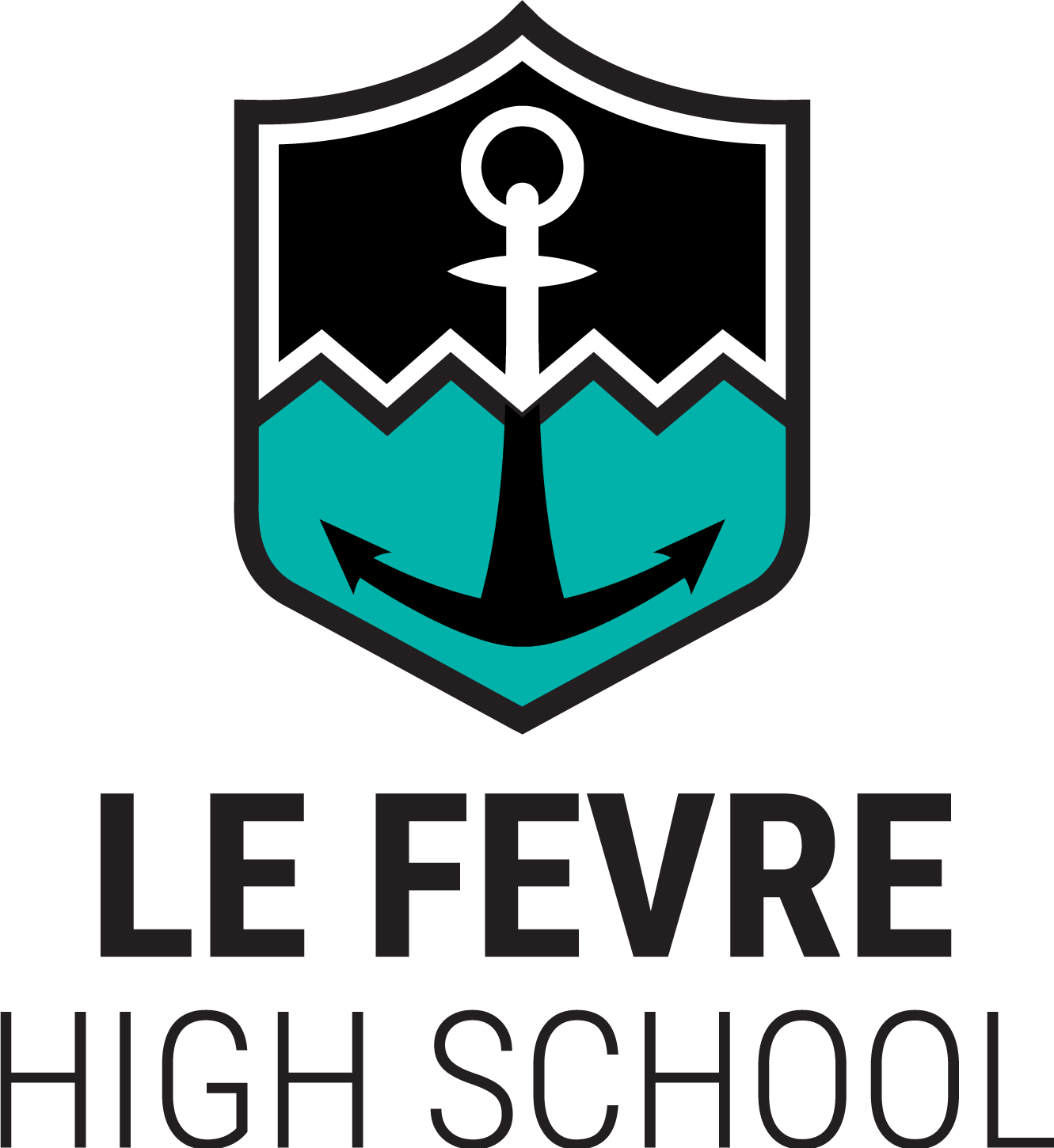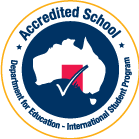Learn more about the subjects available below.
Dance - Performing Arts
Introduction to the study of Dance as a Performing Art: technique, performance, composition and appreciation as an audience.
If you have ever wanted to learn how to dance, this is your opportunity! By the end of year 8, students will have the chance to learn various styles of dance including Hip Hop, Contemporary and Cultural Dance. Through practical workshops and theoretical lessons students will:
- Apply the “Elements of Dance” and choreographic devices to create their own compositions in groups
- Evaluate how different cultures from around the world and throughout time communicate and express themselves through Dance
- Analyse Dance company performances to identify how technical and production elements create aesthetic appeal
- Perform their own choreographed sequences and learn the technical and expressive skills appropriate to various dance styles
ASSESSMENT
Participation in workshops, group composition tasks, performance, process journal and written reports using IBMYP criteria aligned with the Australian curriculum.
Drama - Performing Arts
By the end of Year 8, students will have explored mime, voice, improvisation and movement in a practical learning environment. They will also be introduced to the technical side of theatre and gain a basic insight into stagecraft elements such as lighting, sound, costume and set design. Students will have the opportunity to apply this knowledge in drama to make and perform. They will also explore different cultures, times and places and communicate their understandings through drama. Students will collaborate with one another to devise, interpret and perform drama. Students will manipulate the elements of drama, narrative and structure to express and communicate meaning. They will apply different performance styles and conventions to convey status, relationships and intention. Performance skills and design elements will be applied to shape and focus theatrical effect for an audience.
ASSESSMENT
Workshops, mime, improvisation, performance, written reviews, reflective journals and written reports using IBMYP criteria aligned with the Australian curriculum.
Media Arts & Design
Media arts involves creating representations of the world and telling stories through communications technologies such as television, film, video, newspapers, radio, video games, the internet and mobile media. Media arts connects audiences, purposes and ideas, exploring concepts and viewpoints through the creative use of materials and technologies.
Students will develop their knowledge of how ideas and intentions are communicated through media arts. They will build on and refine their knowledge, understanding and skills through media arts practices such as film and photography.
ASSESSMENT
Finished Media Arts works and process journal, folio of skill development on Photoshop and Adobe Creative Cloud, and written reviews using IBMYP criteria aligned with the Australian curriculum.
Music - Performing Arts
Music in Year 8 provides an opportunity to explore and play a variety of musical instruments through practical workshops and equips students with the fundamentals of music theory and history. A range of music technology is used as a part of the composition component of the course and students will enjoy the satisfaction of creating their own pieces. Students will also have the opportunity to rehearse and perform songs as a class and in small groups. This course caters for students of all ability levels and experience.
Instrumental lessons are provided to all music students for a variety of instruments free of charge. These lessons will take place within school hours and are required to support students with the practical component of the course. If a student is already receiving lessons privately, school based instrumental lessons are not necessary.
ASSESSMENT
Participation in group composition tasks, performances, tests and written assignments using IBMYP criteria and aligned with the Australian curriculum.
Visual Art
Students explore how Artists communicate.
Knowing: the Elements of Art, artworks from different cultures/times/places, communication techniques.
Developing Skills: using a range of media- painting, drawing, mixed media, printing. Exploring techniques and processes.
Thinking Creatively: plan their art making in response to exploration of techniques, and creating meaning.
Reflecting: responding to artist’s works, and their own works.
ASSESSMENT
Finished art pieces, written and oral responses that demonstrate a student’s specialized vocabulary, IBMYP process journal.
NOTE: This subject is chosen as 1 Term elective. Two Terms of Arts Electives build a Semester of Art in Year 8. Students must choose two different electives with two reserve choices.
Design & Technology
The course develops familiarity with a range of materials, tools, machines and processes as well as skills in design, problem solving, decision-making, researching and the application of information.
Students are given experience in working with various materials and systems (wood, metal, plastics, electrical circuits and Computer Aided Design). Students design and make projects as well as learning about tools, processes, materials and electricity. Working cooperatively and safely is emphasised.
ASSESSMENT
Students are assessed in the areas of the design cycle, practical skills and knowledge as well as environmental concerns and safety.
Design: Digital TechnoLogy
Digital Technologies empowers students to shape change by influencing how contemporary and emerging information systems and practices are applied to meet current and future needs.
This subject is an integrated approach to teaching technology. The Digital Technologies Curriculum is introduced to students via the following:
· Block Coding using Web-based Learning Tools – code.org
· General-purpose Programming Language – Python
· Pseudo Code – Plain English planning using both Written & Graphical means
· Data & Networks – Binary Code & Data Transfer within Networks
ASSESSMENT
Assessment in each area is based on the ACARA Achievement Standards
- Knowledge and Understanding
- Processes and Production Skills
Assessment Type include:
Assessment tasks, practical work, and analysis of work completed.
Design: Food & Textiles
In this unit, students will understand how to work safely and produce a sustainable healthy product following Design thinking processes and principles. Students will complete a food safety induction and investigate the importance of food hygiene and safety in the kitchen. They will also explore regional food production and the management and harvesting that enhances our lives and economies. Students will design and produce a sustainable, healthy, and portable sweet or savoury food parcel that meets user's requirements and can be served at a kiosk. They will develop and build on ingredient identification, characteristics of healthy fillings and casings and baking skills to design and create their product.
ASSESSMENT
Assessment in each area is based on the ACARA Achievement Standards
- Knowledge and Understanding
- Processes and Production Skills
Assessment Type include:
Assessment tasks, practical work, and analysis of work completed.
English
In Year 8 English, students will engage in the three strands of the Australian English Curriculum; Language, Literature and Literacy.
Students will read, view and analyse a range of texts eg Poetry, Prose, Drama, Visual, Short Pieces, Multimedia and Electronic texts.
Students will listen to, evaluate and produce a range of spoken texts, eg Anecdotes, Debates, Multimedia Presentations, Poetry Performances, Formal Speeches and Social Issue Reports.
Students will also compose a range of texts – written and multimedia for particular audiences, purposes and contexts.
The nature of the texts students will study and produce will focus on increasingly complex ideas and themes as they prepare for year 9. There will always be an emphasis on exploring issues relevant to adolescents and an approach that allows students to engage with aspects of our society including its diverse cultural aspects. At each year level, students will develop skills in understanding the language of different texts and acquire strategies to help them compose their own texts.
Study will also include a reading program aimed at increasing student literacy and reading proficiency. This will be supported by programs such as Tactical Teaching Reading and Literacy Pro.
ASSESSMENT
Students will be assessed according to the Achievement Standard in the Australian Curriculum for Year 8 English under both:
- Receptive modes (listening, reading and viewing)
- Productive modes (speaking, writing and creating)
HUMANITIES AND SOCIAL SCIENCES
Humanities and Social Sciences (HASS) is a subject that combines History, Geography, Civics and Citizenship and Economics and Business. Each of these subjects is taught throughout the year within their own distinct units.
In Year 8 Students will engage in the following topics:
History: Students will study history from the end of the ancient period to the beginning of the modern period c.650– 1750 CE. They will explore Medieval Europe (c.590 – 1500 CE), The Polynesian expansion across the Pacific (c.700 – 1756 CE) and The Black Death (14th century plague).
Geography: Students will study two core units of Landforms and Landscapes and Changing Nations. They will investigate the processes that shape landforms and the importance cultural groups put on both landforms and landscapes. Students will also learn about the hazards associated with landscapes. Then in Changing Nations students will investigate the changing human geography of countries and the spatial distribution of populations. Heavy emphasis in these units is placed on geographical skills.
Civics and Citizenship: Students in the unit will explore the responsibilities and the freedoms of citizens and how Australians can actively participate in democracy. Students will also investigate how laws are made and used in Australia. Students will also grapple with the concept of national identity and what it means to be Australian.
Economics and Business: Students will explore the ways markets work within Australia, including the participants in the market system and the way they influence its operation. The focus in year 8 is on national and regional market issues.
ASSESSMENT
Students will be assessed according to the distinct Achievement Standard for each of the subjects represented in the Australian HAAS Curriculum:
- History
- Geography
- Civics and Citizenship
- Economics and Business.
Language Acquisition
“Learning another language is not only learning different words for the same things, but learning another way to think about things.” – Flora Lewis (Journalist)
Speaking another language is possible for everyone! This course provides opportunities for students to further develop their confidence and fluency in Indonesian through a range of topics that build on their previous year’s learning. Prior knowledge of the language is valued but not essential, with a range of language-learner backgrounds and experience being catered for.
Students’ increase their ability to speak, listen, read, and write in Indonesian, as well as their skills in English and problem-solving. This strengthens and reinforces learning from their other subjects.
A variety of cultural experiences are also provided which, along with their language skills, create inter-cultural competence for our learners – a highly sought-after attribute in the world today.
ASSESSMENT
Students will be assessed using the IBMYP Criteria in the following areas:
- Comprehending spoken and visual text
- Comprehending written and visual text
- Communicating in response to spoken, written and visual text
- Using language in spoken and written form
Mathematics
In Year 8 Mathematics, students solve everyday problems involving rates, ratios and percentages. They describe index laws and apply them to whole numbers. They describe rational and irrational numbers. Students solve problems involving profit and loss. They make connections between expanding and factorising algebraic expressions. Students solve problems relating to the volume of prisms. They make sense of time duration in real applications. They identify conditions for the congruence of triangles and deduce the properties of quadrilaterals. Students model authentic situations with two-way tables and Venn diagrams. They choose appropriate language to describe events and experiments. They explain issues related to the collection of data and the effect of outliers on means and medians in that data.
Students use efficient mental and written strategies to carry out the four operations with integers. They simplify a variety of algebraic expressions. They solve linear equations and graph linear relationships on the Cartesian plane. Students convert between units of measurement for area and volume. They perform calculations to determine perimeter and area of parallelograms, rhombuses and kites. They name the features of circles and calculate the areas and circumferences of circles. Students determine the probabilities of complementary events and calculate the sum of probabilities.
Content
The following topics provide the framework for learning in Year 8 Mathematics:
- Number and Place Value
- Real Numbers and Financial Maths
- Data Representation and Interpretation
- Patterns and Algebra
- Linear and Non-Linear Relationships
- Units of Measurement
- Geometric Reasoning
- Chance
Assessment
Students are assessed against the Australian Curriculum Mathematics achievement standards. Evidence of student achievement will be gathered through tests, investigations and reports.
Students are tested on their knowledge of real numbers and financial mathematics, patterns and algebra, linear and non-linear relationships and their geometric reasoning. They investigate whether the scoring system in the English version of Monopoly would still fair if other languages were used and whether ‘handedness’ and ‘footedness’ are linked, design and cost new packaging for a chocolate bar and verify if equations are correct with justification, often writing reports on their findings.
health and physical education
Health and Physical Education enables students to develop skills, understanding and willingness to positively influence the health and wellbeing of themselves and their communities. Students apply movement skills, concepts and strategies across a range of movement contexts, enabling them to participate confidently and competently in physical activities. When learning in movement contexts, students gain skills, understanding and dispositions that support lifelong physical activity participation and enhanced movement performance. They also develop personal and social skills through interacting with others in classroom and movement contexts. Health and Physical Education addresses factors that influence the health, safety, relationships, wellbeing and physical activity patterns of individuals, groups and communities. Students develop the understanding to challenge discrimination, assumptions and stereotypes. They gain skills to take positive action regarding diversity, inclusion, consent and respect in different social contexts.
Topics in this course include:
- Relationships and Sexuality (SHINE Curriculum)
- Safety: Alcohol and Other Drugs (Smoking and Vaping)
- Rhythmic and Expressive Movement
Physical Education
The Physical Education Pathways course is designed to help students develop higher level skills, understanding and proficiency through the movement experiences they participate in, with a sport science focus. Students are exposed to data collection and analysis, performance improvement and sport education. Students will explore their physical capacities and investigate factors that influence and improve participation and performance. The course is designed specifically to further extend the range of sports and activities that students have covered in the compulsory course and will increase student’s knowledge and understanding of movement skills, which will provide the foundations of learning to be successful in Physical Education in Year 11 and Year 12.
Topics in this course include:
- Games and Sports (various)
- Collaboration in Physical Activity
- Skill Development
- Fitness Improvement Plan
- Technology in Sport
Specialist Football - Soccer
The Specialised Football Program empowers students with a passion for soccer to enrich their understanding and proficiency across all aspects of the sport, including playing techniques, rules, strategic tactics, fitness, and training principles. Participants in the program have the chance to receive specialized skills coaching, enhance their fitness levels, and participate in statewide soccer and Futsal competitions. The course covers topics such as:
The Soccer Academy is crafted to offer a distinctive opportunity for talented football (soccer) players in Years 7-11 to refine their individual skills, knowledge, and attitude, enabling them to excel in the game. The program not only facilitates skill development but also provides opportunities for enhancing leadership skills and fostering civic responsibilities.
Students also get the chance to represent the school in their respective teams, competing in events like the Football and Futsal knockout and zone carnivals.
Top of Form
- Skill and Performance development (Practical)
- Performance Analysis
- Fitness Football specific
- Nutrition for Football
- Energy Systems
- Personal health and relationships (SHINE)
Assessment tasks will be aligned to the Health and Physical Education Achievement Standards within the Australian Curriculum Framework, and students will undertake the study of Health topics as per the HPE curriculum in the compulsory semester. This is a full year course with a cost associated for a specialist soccer top, transportation cost to games, Football Federation course costs and School Sport SA associated fees. The fee is $130 for the year. Fees can be paid in instalments on a payment plan.
Science
In Year 8 Science, students compare physical and chemical changes and use the particle model to explain and predict the properties and behaviours of substances. They identify different forms of energy and describe how energy transfers and transformations cause change in simple systems. They compare processes of rock formation, including the timescales involved. They analyse the relationship between structure and function at cell, organ and body system levels. Students examine the different science knowledge used in occupations. They explain how evidence has led to an improved understanding of a scientific idea and describe situations in which scientists collaborated to generate solutions to contemporary problems. They reflect on implications of these solutions for different groups in society.
Content
The following topics provide the framework for learning throughout the year, but not necessarily in this order, as different Year 8 classes will cover content at different times of the year.
- Cells
- Multicellular Organisms
- Properties of Matter
- Chemical Change
- Energy
- Rocks
- Future Science
- Fake Science
Assessment
Students are assessed against the Australian Curriculum Science achievement standards. Evidence of student achievement will be gathered through tests, assignments and practical reports.
Students are tested on their knowledge of cells, rocks, chemical reactions and energy. They test how changing variables affects the reaction rate of enzymes and write a practical report on their findings. They design a method to determine the densities of a range of liquids. They write a persuasive text on a topic of their choice and investigate vaccinations benefits to humanity.







